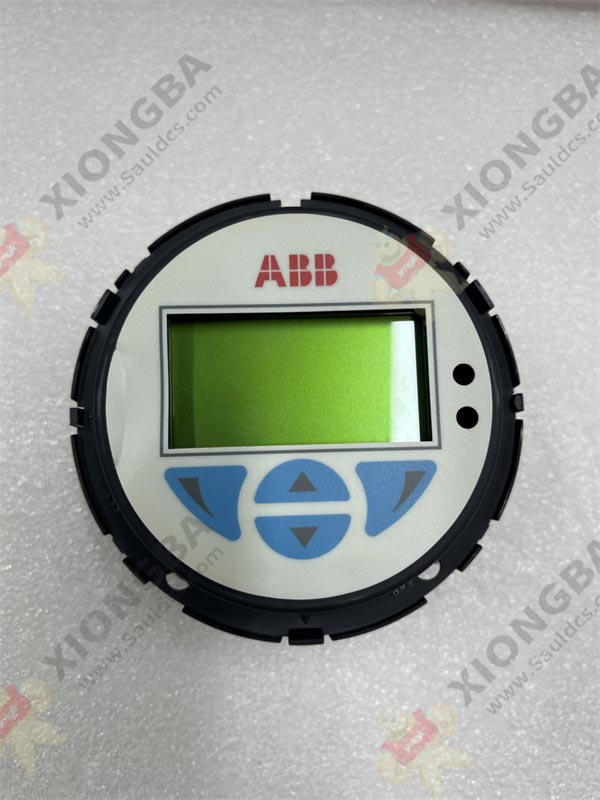The publishing ceremony of the 2030 White Paper on Industrial Digitalization and Intelligence was held at the Zhongguancun Forum on Intelligent Manufacturing Innovation and Development. Li Peigen, academician of Chinese Academy of Engineering, Xiao Ran, vice president of Strategy and Industrial Development of Huawei, Song Lingen, Party Secretary and vice president of China Academy of Information and Communications Technology, and Li Bing, global partner and vice president of Greater China of Roland Berger, jointly issued the Industrial Digitalization/Intellectualization 2030 White Paper.
The white paper envisages the future industry of “IMAGINE“, analyzes the digitalization progress of 16 industrial industries and 20 common high-value industrial digitalization scenarios, gives insight into the development trend of the “new Four Modernizations” of the digitalization of industrial equipment, the full connection of industrial network, the cloud of industrial software and the value of industrial data, and puts forward the solution architecture of “industrial intelligence agent” for the first time.
Li Peigen, academician of the Chinese Academy of Engineering, Yu Xiaohui, president of the China Academy of Information and Communication Technology, and Wang Tao, Managing director of Huawei, Director of ICT Infrastructure Business Management Committee and President of Enterprise BG, gave foreword to the white paper.
Academician Li Peigen pointed out in the preface that software defines the world and data drives the future. Industry digitization has obviously become the inevitable choice in industry field. There is no end to the digitalization (including intellectualization) of enterprises and it will always be in progress. In this case, it is necessary to continuously observe the trend of industrial digitization. Academician Li Peigen believes that the white paper is a valuable material for enterprises to learn from, with profound insights, rich cases, detailed data and pertinent views. He thinks the biggest contribution of the white paper is the forecast and prospect of industrial digitalization by 2030.

D674A905U01
Yu Xiaohui, president of China Information and Communication Academy, pointed out in the preface that digitization is reshaping industrial production function comprehensively, promoting the generation of new production factors, manufacturing system, research and development paradigm and organizational form, and is the biggest technological variable reshaping industrial system, industrialization process and global industrial pattern. This process of change is also a process of subversive reshaping of the original industrial system. It will not only create a new track, but also change every segment of the manufacturing industry and every link of the industrial chain and value chain, bringing real opportunities for lane change and catch-up in many fields. Industry digitization is becoming the key path of realizing new industrialization in our country. The key enablement of industrial digitization includes data, equipment, networks and software.
Wang Tao pointed out in the preface that industry is the cornerstone of national economic prosperity and development, and digitalization is the wings of industry take-off. Looking forward to 2030, with the deep integration of ICT technology and manufacturing, the future industry will develop towards the direction of flexibility, intelligence, customization and service. Based on this, the relations of production will be restructured, the form of social organization will be restructured, and the business model will be constantly innovated. In the future, industry will liberate workers from repetitive work and create decent, safe, more creative and interesting jobs for people. It will also bring more comfortable buildings, more convenient transportation, more inclusive education, more accurate medical treatment, and a better environment for human beings, leading to a better tomorrow.
In his speech, Xiao Ran pointed out that Huawei is in industry and for industry. Huawei is a full-chain industrial enterprise from research and development to production, sales and service, from integrated product development (IPD) to intelligent manufacturing, and from cutting feet to fitting shoes to integration. Huawei’s digital transformation has never stopped. Through comprehensive digital transformation, Huawei’s product development and trial production cycle has been shortened by 20%, order fulfillment cycle has been shortened by 76%, and sales efficiency and service quality have been effectively improved. At present, Huawei has become a real economy enterprise with strong digital capability. We hope to support and enable the digital transformation of industrial enterprises and real economy by combining Huawei’s practice and capability.
Hu Jingyi, chief strategy Officer of Huawei Industrial Digitalization, introduced that since 2021, in line with the original intention of finding technology for the industry and creating value for customers with short chain, Huawei has successively established Coal mining Corps, electric power digitalization Corps, Digital System Department of Manufacturing industry, and oil and gas System Department. By utilizing Huawei’s technological accumulation in 5G, cloud computing, AI and other aspects, Huawei focuses on industrial scenes. Explore the way of industrial digital transformation and create value for customers. Over the past two years, Huawei has worked with customers and partners to create industrial intelligence agents, and gained some practical experience and cases, which are also collected in this white paper, hoping to provide reference and inspiration for the industry.
 中文版
中文版



